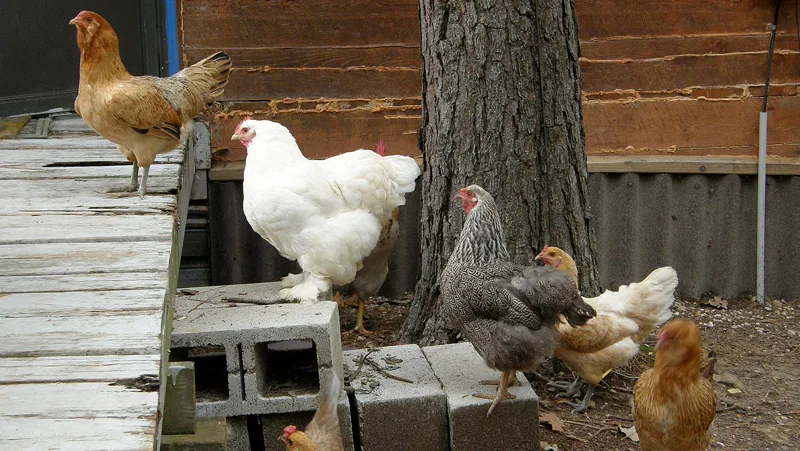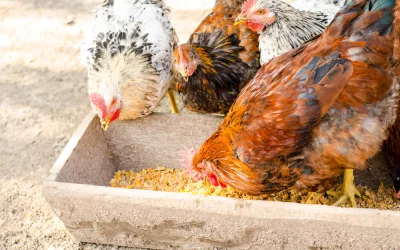What is Stick-Fast Fleas?
Stick-fast fleas, also known as Echidnophaga gallinacea, are external parasites that commonly affect chickens. These fleas are a type of wingless insect that attach themselves to the skin of chickens, causing discomfort and irritation. Although they are not as harmful as other poultry diseases, stick-fast fleas can cause significant distress to chickens if left untreated.
Stick-Fast Fleas Symptoms
The symptoms of stick-fast fleas include chickens scratching, pecking, and biting at the affected area, as well as redness and swelling. Chickens may also lose feathers or experience feather damage due to the scratching and pecking. In severe cases, stick-fast fleas can cause anemia due to blood loss from the affected area.
Stick-Fast Fleas Causes
Stick-fast fleas typically live in grassy areas, and chickens that are allowed to free-range are at a higher risk of contracting them. The fleas attach themselves to the chicken’s skin, usually around the head and neck area, and feed on their blood. Stick-fast fleas are most active during warmer months, and their numbers can increase rapidly if left untreated.
Stick-Fast Fleas Diagnosis
The diagnosis of stick-fast fleas is made based on the symptoms displayed by the chickens. A veterinarian or poultry specialist can examine the affected chicken and identify the presence of stick-fast fleas. A skin scraping may also be taken to confirm the diagnosis.
Stick-Fast Fleas Treatment
The treatment of stick-fast fleas involves the application of an insecticide to the affected area. The insecticide kills the fleas and provides relief to the chicken. The affected area may also be washed with warm soapy water to remove any debris or dead fleas. The use of a flea comb may also help to remove any remaining fleas. Additionally, the chicken’s living environment may need to be treated with an insecticide to prevent future infestations.
Stick-Fast Fleas Prevention
To prevent stick-fast fleas, it is recommended to keep chickens in a clean and dry environment. Regularly cleaning and sanitising the chicken coop and its surroundings can help to reduce the risk of infestation. It is also essential to check the chickens regularly for signs of fleas and to use flea treatments as needed.
Conclusion
Stick-fast fleas can cause significant discomfort and distress to chickens if left untreated. Early detection and treatment are crucial to prevent the fleas from multiplying and causing more damage to the chicken’s skin. Keeping the chicken coop clean and dry and regularly checking for signs of fleas can help prevent infestations and keep the chickens healthy and happy.






